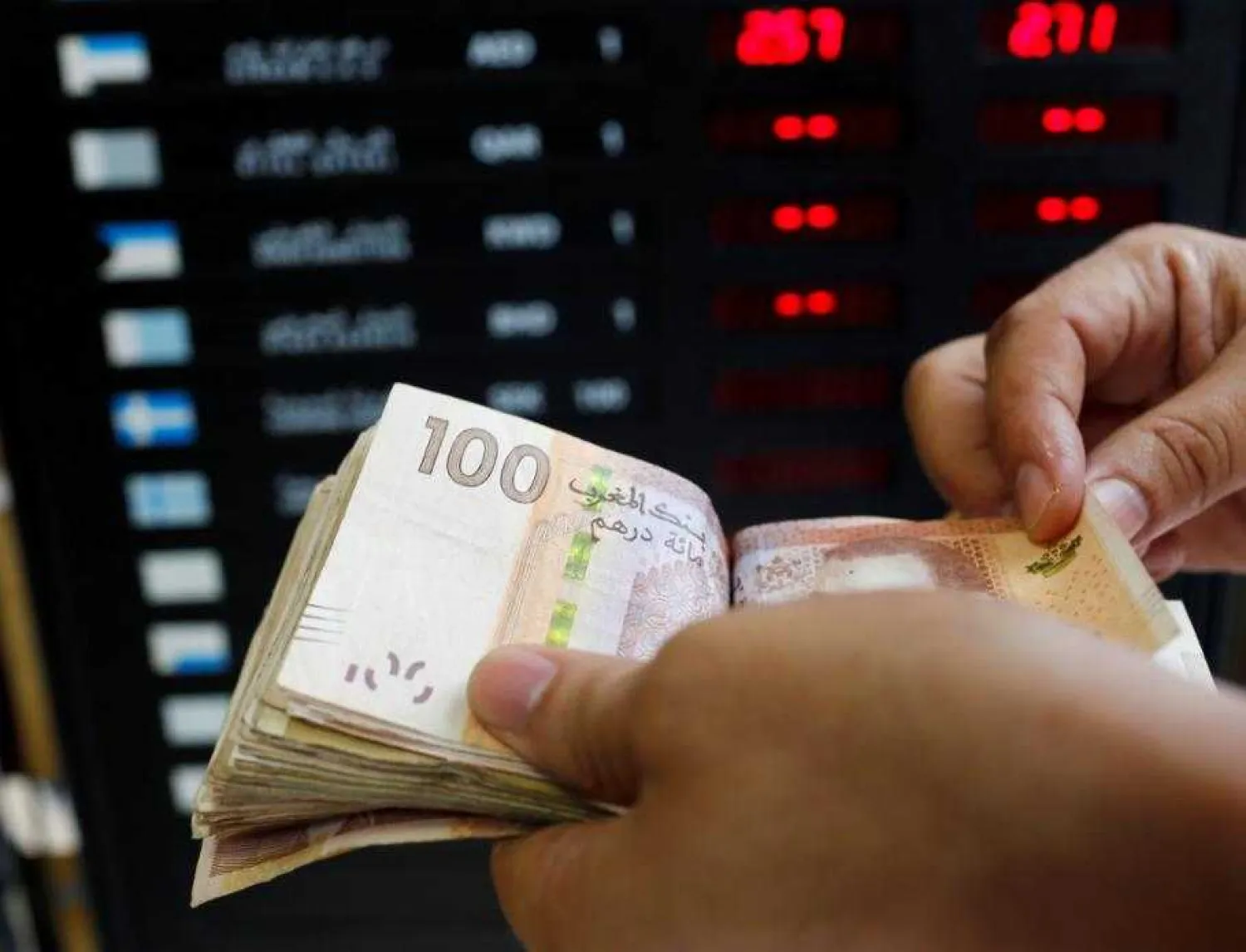Moroccan bank investments have exceeded MAD17.5 billion (USD1.84 billion) in 25 African states between 2007-2017, according to a report issued by the Ministry of Economy and Finance.
The report revealed that the investments in this period represented 52.2 percent of total Moroccan investments in Africa distributed as follows: 16.4 percent in the telecommunications sector, 12.3 percent in industry and 5.8 percent in insurance.
It added that despite the geographical diversity, the investments were mainly carried out in specific countries such as Egypt (30.5 percent), Ivory Coast (19.4 percent) and Senegal (12 percent).
The report revealed that Attijariwafa Bank, BMCE Bank and the Banque Centrale Populaire (BCP) have signed deals with African governments and banks of African countries as part of the expansion of cooperation between Morocco and African partners.
The deals dealt with funding programs of infrastructure, socio-economic projects, and government budgets.
Total client deposits at African branches of Moroccan banks reached MAD188 billion (USD20 billion) respectively as follows: Attijariwafa Bank (48.6 percent), BMCE Bank (33.2 percent) and the Banque Centrale Populaire (18.2 percent).
African client deposits at Moroccan banks have grown 13.5 percent since 2009, said the report. Senegal comes first in terms of deposits by around 16.4 percent, followed by Ivory Coast (12.2 percent), Tunisia with 11.9 percent and Egypt (10 percent).
Total loans of Moroccan banks to African clients reached MAD159.6 billion (USD17 billion) distributed as follows Attijariwafa Bank (47.8 percent), BMCE Bank (31.9 percent) and the Banque Centrale Populaire (20.3 percent).
The report called on Moroccan banks in Africa to expand their operations and grant priority to technological developments.









